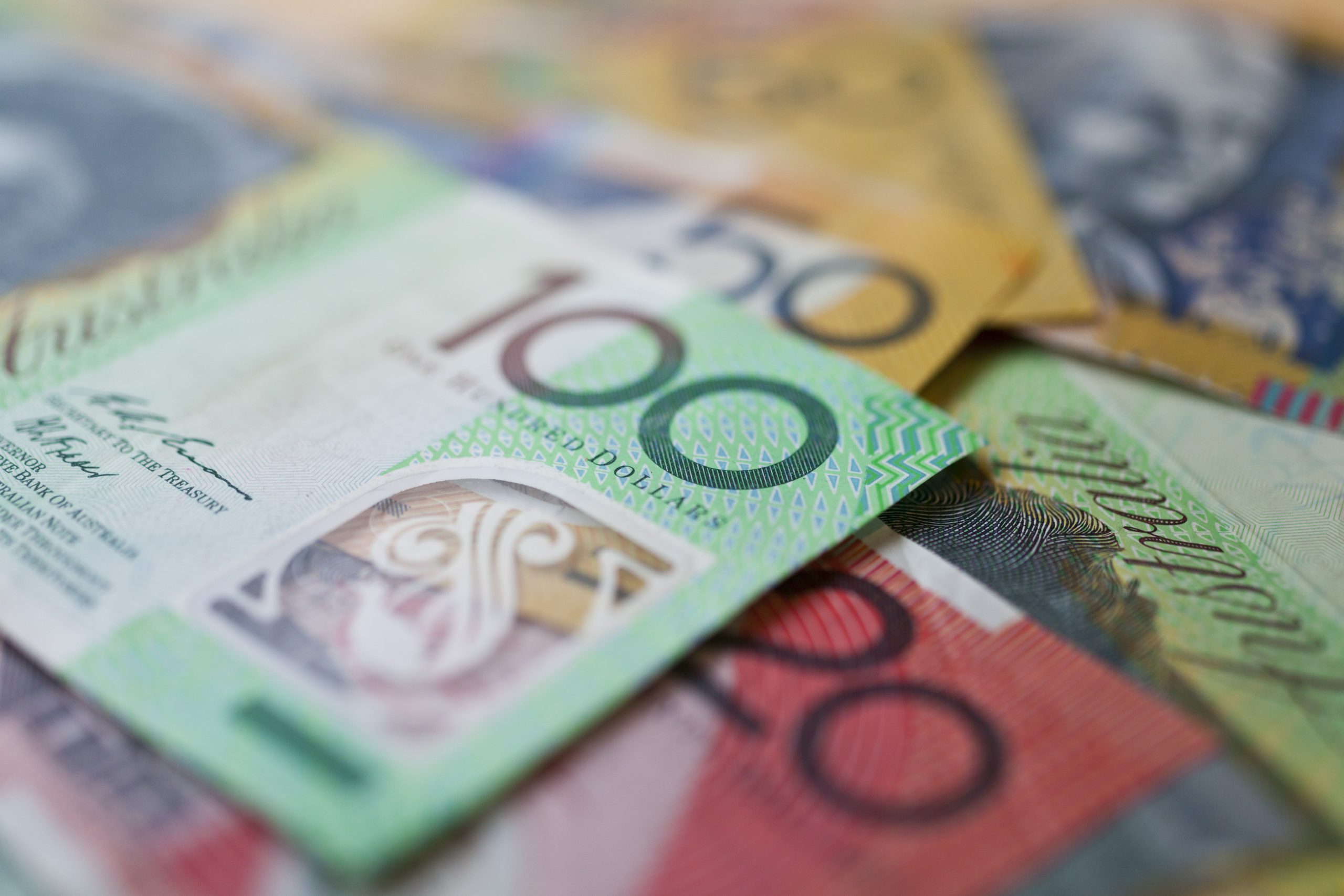With Aussies planning on spending more on travel, how can they save on fees? – Travel Weekly

- by Admin
- July 19, 2024

Fintech firm Revolut has unveiled the findings of a survey commissioned with YouGov on a representative sample of 1,000+ Australians aged 18-65+. The survey revealed key trends and behaviours among Australian travellers.
In terms of payment methods used overseas, more than half (54 per cent) of Australians surveyed use cash, 40 per cent use credit cards, and 48 per cent a normal debit card which often incurs an additional fee.
Overall, more than 40 per cent of Australians surveyed said they had paid FX fees charged by their bank or credit card issuer. Over 35 per cent have been charged currency conversion fees for converting currency at banks or currency exchange services.
In addition, 1 in 4 have paid dynamic currency conversion fees when they paid in their home currency vs the local currency when overseas and 1 in 4 have paid ATM withdrawal fees from non-partner banks /international ATMs. Here’s some of the key trends:
Australians set to spend more on travel this year
The demand for travel out of Australia continues to see an upward trend. The number of passengers departing from Australia in 2023 was more than 7.25 million. This trend is expected to continue in 2024.
According to results from the survey Revolut commissioned with YouGov, 1 in 5 Australians surveyed believe they will spend more on travel in 2024 as compared to 2023. Even so, Australians do prefer to set a budget and use tools to ensure they do not go over their budget.
A quarter of Australians create a detailed budget plan before departing for the trip, of which 48 per cent say is determined by estimating costs for transportation, accommodation and activities. 36 per cent of Australians consider how long they’ll be travelling for and set a daily limit, something that can be managed from within the Revolut app. Despite rising costs, more than 15 per cent said they do not set a budget for travel.
Australians seek value and weekend getaways over luxury travel experiences amidst rising
cost of living
When it comes to travel, Australians tend to be deal seekers and are more focused on the value they get and experiences they receive rather than luxury.
3 in 5 (60 per cent) of Australians book their accommodation in advance to take advantage of discounts and get deals which are most value for money. Almost a quarter (23 per cent) of Australians surveyed consider themselves Budget / Value travellers more than 15 per cent said they are weekend travellers vs only 5 per cent who are Luxury travellers.
Australians still rely on physical currency exchange services
While most Australians use more than 1 method to exchange currency, almost half (46 per cent) still rely on physical currency exchanges. More than a quarter say they visit an exchanger before they travel, while 18 per cent do it after they land in their destination country.
Gen Z tends to be the most mobile-savvy and has a higher proportion of people using apps like Revolut for currency exchange (55 per cent of Gen Z vs just 6 per cent of Baby Boomers).
Revolut enables users to exchange currency, often giving them a better rate than what they would get at a money changer or a bank. In addition, with Revolut, users can spend in over 140 currencies and store more than 25 currencies in their Revolut wallet. Revolut users also don’t need to carry large chunks of cash as Revolut allows users to withdraw up to AUD$350 (Standard account) each month without charging withdrawal fees (ATMS may still apply their own fees). Users can also find ATMs nearby through the Revolut app.
Charlie Short, head of growth at Revolut Australia said, “For too long, banks have charged Australians unfair fees on foreign exchange and overseas transactions. It’s hard-earned money that shouldn’t be going to the banks. That’s why we’re here. Revolut lets Aussies spend and transfer money globally at great rates, with no-fee currency exchange up to $2,000 AUD per month on weekdays. Our mission is to make financial services fair for all.”
Safeguarding finances while travelling abroad for the Olympics
Nothing ruins a trip more than losing one’s phone or credit / debit card. Thankfully, there are still measures travellers can take in advance to secure their finances when travelling. Here are the top five measures Australians can take:
1. Notify their bank or credit card issuer of their travel plans to avoid card blocks for suspicious activity (45 per cent)
2. Enable two-factor authentication (2FA) for online banking and financial accounts (30 per cent)
3. Card freezing or locking capabilities in case of loss or theft (30 per cent)
4. Set up transaction alerts on their bank or credit card accounts to monitor activity (30 per cent)
5. Use a prepaid travel card with limited funds for added security (25 per cent)
The Latest News
-
December 23, 2024‘Got some good bants’: Hilarious stump mic warning as Konstas plots secret Bumrah counter
-
December 23, 2024Naomi Osaka questions Nike in statement regarding Australian Open outfits
-
December 23, 2024Aussie NFL Wrap-up: How did Jordan Mailata, Tory Taylor, and more perform in Week 16? | Sporting News Australia
-
December 23, 2024Australia Post customer lashes out over ‘scam’ hurting small businesses: ‘So frustrating’
-
December 23, 2024‘See-ball, hit-ball’: Sam Konstas to put pressure on Jasprit Bumrah in Boxing Day Test




